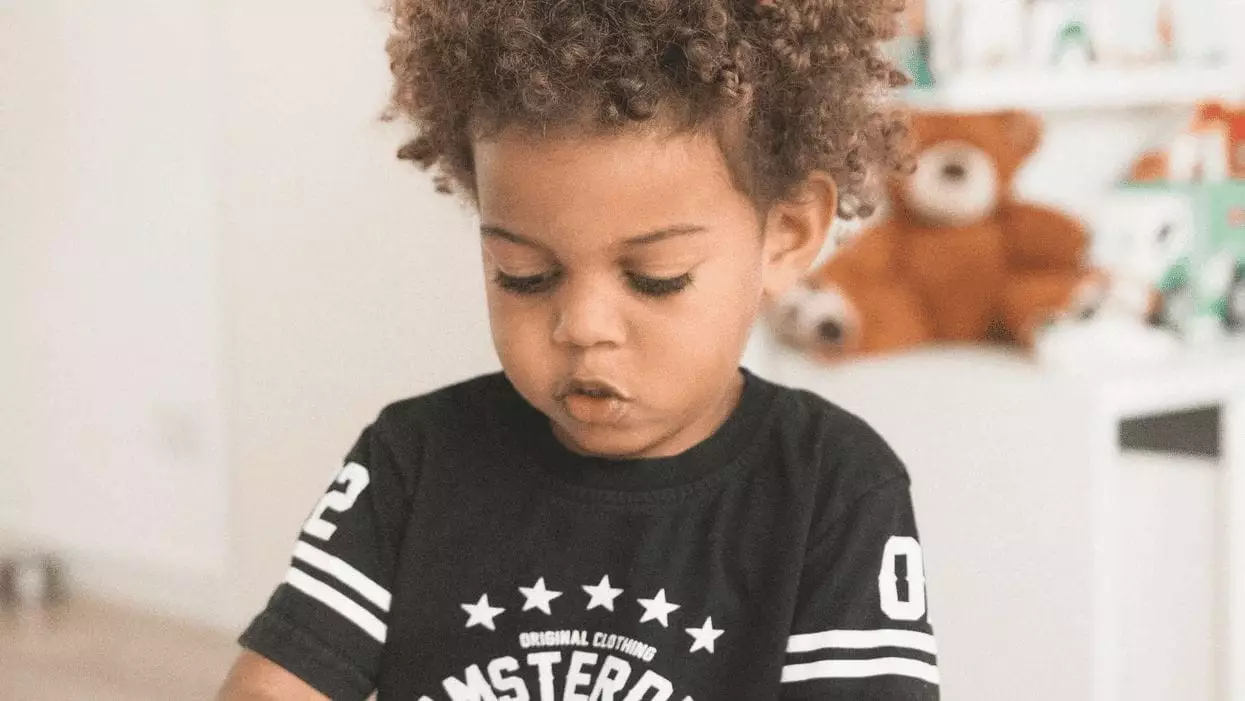Starting preschool marks a significant transition for both children and their parents. It’s a time filled with excitement, anxiety, and growth. Understanding how to best support your child through this change can make all the difference. One effective way to facilitate this transition is to adopt Montessori principles at home. Rooted in respect for children’s independence and natural curiosity, the Montessori method can create a nurturing environment that promotes learning and self-discovery before children even step foot in a classroom.
While the concept of independence in little ones may tug at your heartstrings, it’s essential to recognize that these early experiences pave the way for future growth. Skills such as dressing themselves, engaging in play, and completing tasks independently not only enhance their confidence but also equip them with the tools necessary for success in preschool and beyond.
A cornerstone of Montessori education is the idea of a prepared environment. This involves creating a space that encourages exploration and supports a child’s natural tendencies. From an early age, you can engage your child in play centered around their interests. This interaction informs how you adjust and design their play spaces to optimize their learning experience.
Observe your child and take note of their evolving skills. If they are starting to crawl or walk, set up your environment to support this exploration with safe objects that can be pulled up on or pushed along. The goal is to foster their innate desire to explore while providing the stability they need to feel secure.
Additionally, decluttering and organizing play areas can greatly benefit your child. A well-ordered space minimizes distractions and empowers children to choose their activities without feeling overwhelmed. Selecting educational toys that stimulate engagement without excessive noise or flashing lights is key; these toys should require interaction and problem-solving rather than passive entertainment. As Dr. Maria Montessori emphasized, “The hands are the instruments of man’s intelligence,” highlighting the importance of tactile learning through engaging with thoughtfully designed materials.
Encouraging your child to take on simple tasks fosters a sense of independence. Simple modifications around the house, such as low hooks for coats and baskets for shoes, can work wonders in building their confidence. As soon as your child begins to walk, involve them in morning and evening routines—show them how to hang their coat or where to place their shoes. By offering two or three clothing choices, you empower them to practice decision-making.
This type of engagement not only nurtures a sense of responsibility but also enhances their ability to manage self-care independently in the future. Establishing routines fosters familiarity, while granting freedom within these boundaries encourages them to be active participants in decisions related to their own lives.
Mealtime is an excellent opportunity for promoting self-sufficiency. Create a calm environment devoid of distractions to cultivate positive associations with food. Allowing children to practice feeding themselves, whether with their hands or utensils, helps them develop crucial fine motor skills and promotes healthy eating habits. Encourage exploration at the table, even if it leads to a mess—after all, children learn through their senses.
Involving your child in every aspect of meal preparation, from setting the table to cleaning up afterward, builds essential life skills, including responsibility and teamwork. This collaborative approach lays the foundation for healthy attitudes toward food and eating practices while paving the way for success at preschool.
Language development is crucial during early childhood. Surrounding your child with rich, meaningful language can significantly influence their vocabulary and communication skills. Instead of using simplified or baby-talk terms, expand their vocabulary by employing precise language. For instance, instead of saying “doggy,” introduce “golden retriever.” Responding to attempts at communication reinforces their efforts without diminishing their self-esteem.
Furthermore, engaging your child in conversations, reading aloud to them, and singing songs contribute to their linguistic growth. Immersion in language allows children to grasp context and conceptualize new words effectively. Remember, the goal isn’t just memorization; deep understanding emerges from active engagement with the world around them.
Children’s most impactful learning experiences occur through their senses. Encourage your child to explore and interact with their environment by engaging in activities that stimulate their senses—counting steps, feeling different textures, or experiencing various tastes. Relating these activities to foundational concepts in literacy and numeracy builds a strong understanding of the world.
Transitioning to school can be eased by establishing a regular routine at home that mirrors preschool schedules. Gradually introduce these changes to your child, promoting adaptability and comfort as they prepare for this monumental step.
—
Incorporating Montessori principles at home not only prepares your child for preschool but also nurtures their development into confident, independent learners. The investment in their early experiences will pay dividends throughout their educational journey and beyond.

